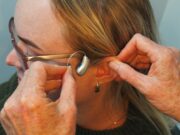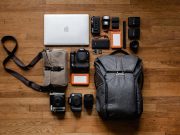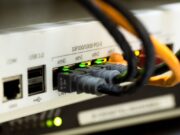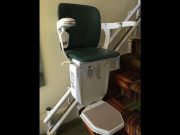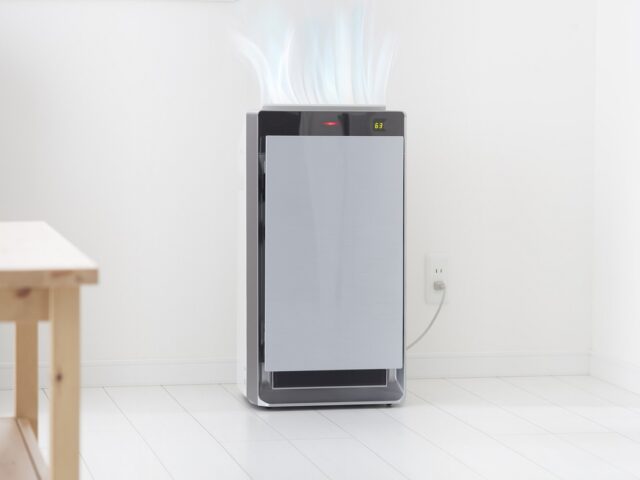Since the pandemic, given the fact that more of us are working from home, the popularity of air purifiers has skyrocketed. An air purifier is a device that can effectively filter any airborne pollutants, such as smoke, allergens, and dust, from the air.
But due to this, there’s more air purifiers on the market than ever before, making it challenging for most people to pick the right model. Below, we’ve all the key factors that need to be taken into account when purchasing an air purifier.
Keep the Size of The Room in Mind
The first step to buying an air purifier is figuring out how much space the device will need to clean. Small portable air purifiers are not going to be effective in large spaces, while larger, heavy-duty devices may be overkill in a small space. One way to find a good fit is by looking at “air changes per hour.” A small device may be able to turn over the air about eight times in a 350-square-foot room but only four times in a room twice that size.
Types of Pollutants that Can Be Filtered
Some air purifiers are known to be better at removing certain kinds of pollutants than others. For instance, if one’s main concern is cigarette smoke, they may need a different device compared to someone who has a lot of pets and wants to filter out pet dander. Make sure to check what type of allergen or pollutant the device is best known for filtering before purchasing it.
Types of Filters Used
Most air purifiers have a mechanical filtration system, which means the filters physically trap allergens or pollutants. Typically, air purifiers have at least two such filters: a prefilter and the main filter. There isn’t too much of a difference between prefilters. Some are washable, while some are disposable. The latter may cost one slightly more in the long run, but there isn’t much to compare. The main filter is what is really important. An air purifier that uses a HEPA filter is recommended, as that is the standard advised by the American Lung Association and the EPA. HEPA filters are known to trap around 99.97% of particles that are 0.3 microns or larger, and for that reason, they work great.














